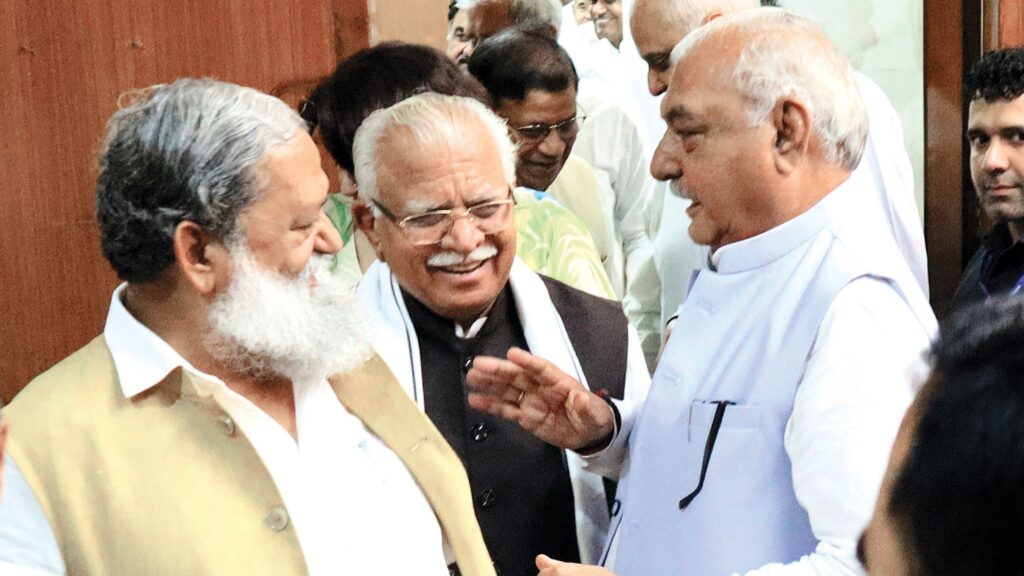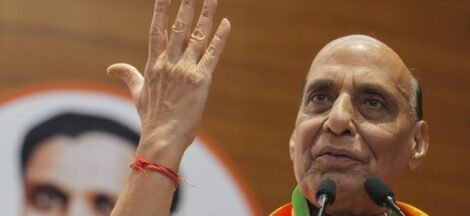In the aftermath of the Haryana municipal elections, former Chief Minister and senior Congress leader Bhupinder Singh Hooda remarked that the Bharatiya Janata Party’s victory was unsurprising, attributing it to Congress’s lack of serious contestation in these polls.
The BJP secured 25 out of 46 municipal bodies in the elections, while independent candidates won 19 seats. The Indian National Lok Dal and the Aam Aadmi Party each managed to secure one seat, leaving the Congress without any representation in these local bodies. This outcome aligns with the previous municipal elections, where the BJP-Jannayak Janta Party alliance also gained control of 25 municipal bodies, with independents and other parties sharing the remainder.
Hooda, who has been a prominent figure in Haryana politics and served as Chief Minister from 2005 to 2014, commented on the results, stating, “There is nothing new in the BJP’s victory in these civic polls. The Congress did not contest these elections with full force.” He further emphasized that local body elections often reflect local issues and dynamics, which may not necessarily translate to state or national election trends.
The BJP’s performance in these municipal elections is seen by some analysts as a continuation of its strategy to strengthen its grassroots presence in Haryana. The party has been focusing on consolidating its support base in urban and semi-urban areas, aiming to build momentum for future electoral battles.
However, the Congress’s decision to not fully engage in these elections has raised questions about its organizational preparedness and strategy in the state. Some political observers suggest that the party’s lack of enthusiasm in the civic polls could be due to internal challenges and a focus on larger electoral contests.
The INLD and AAP’s marginal presence in these results indicates the continuing dominance of the BJP and the fluctuating fortunes of regional parties in Haryana’s political landscape. The INLD, once a significant force in the state, has been struggling to regain its footing, while AAP’s limited success reflects its ongoing efforts to establish a foothold beyond its stronghold in Delhi.




 Clash Over Language Policy in Parliament
Clash Over Language Policy in Parliament 